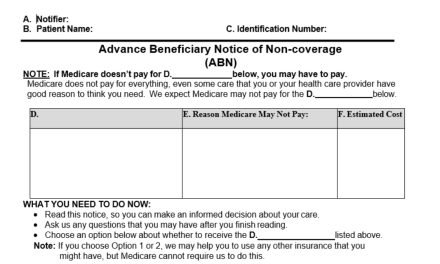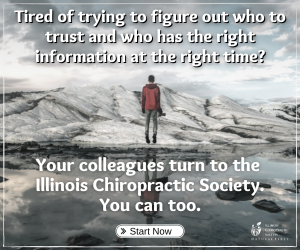
Anti-Kickback Regulations For Physicians
The Anti-Kickback Statute forbids trading anything of value for healthcare referrals and imposes severe penalties for violations. Learn how to stay compliant by watching the video!
Transcript:
Okay, so there are five compliance laws, federal laws that you need to understand in order to be prepared for your OIG compliance. The second one is called the anti-kickback Statute. In some business sectors, it’s totally acceptable to offer or receive gifts to reward past or future referrals. The Anti-kickback Statute prohibits asking for or receiving anything of value in exchange for referrals of federal health care program business. In fact, to do so is considered a crime. This applies to both the payers and the recipients of the kickbacks. Just asking for or offering a kickback can violate the law. It doesn’t matter if the activity occurs directly, or indirectly, it’s overt or covert. This applies if the remuneration is monitoring anything of value. Examples might include cash or cash equivalents, cost sharing, waivers, subsidies, free rent or below market value rent, free clerical staff, and excessive compensation for medical directorships, the amount makes no difference. The underlying criteria is that the purpose of the remuneration is to induce referrals for items or services reimbursable by a federal health care program.
As an example, an orthopedic surgeon was recently accused of accepting kickbacks from device manufacturers for preferentially using their artificial hip and knee joints, and he had to pay 650 grand back to settle the case. Violation of the federal anti-kickback Statute is a felony punishable by a maximum fine of $100,000 imprisonment of up to 10 years or both. Conviction also leads to mandatory exclusion from Medicare Medicaid, which is considered a death sentence by some, given that providers can’t receive payment from any federal program if they’re excluded. These violators can also be found liable under the False Claims Act, which was video one. The anti-kickback Statute is also implicated when providers give patients financial incentive to use their services. Providers are not prohibited from offering free care to Medicare Medicaid patients. However, they can’t waive co-pays in the bill. CMS, providers can waive a co-payment if it’s been determined that a patient cannot afford to pay or reasonable collection efforts have failed. However, advertising at a practice has a policy for giving co-payments is prohibited and discounts can be used in certain circumstances. There are other circumstances, though that are exceptions are called Safe Harbors, and all the conditions of the safe harbor must be met and such arrangements should be carefully reviewed, including outlining the intent of the parties involved. The following are some factors used to determine if an arrangement is problematic under the anti Kickback Statute.
So answer these questions, can the two parties influence each other’s federal health care program business? Were the parties selected for the arrangement because of past or expected referrals? Is the remuneration related in any way to the value of the business generated? Is a remuneration at fair market value? Are the items and services needed and rendered for legitimate business purposes? Does the arrangement affect the costs of a federal health care program? Does the arrangement skew clinical decision-making? Are patients geared toward a particular item or service? Does the arrangement impact the objectivity of professional judgment and these arrangements fully documented and in writing?
If an individual or entity identifies potentially problematic arrangements after answering these questions, they may self-report to the Office of the Inspector General, but it might be wise to speak with the healthcare attorney first, as there could be some significant subjectivity involved with these kinds of cases. In any event, as part of an OIG compliance plan, every chiropractor should have policies and procedures in place to minimize potential problems with the anti-kickback Statute.



















